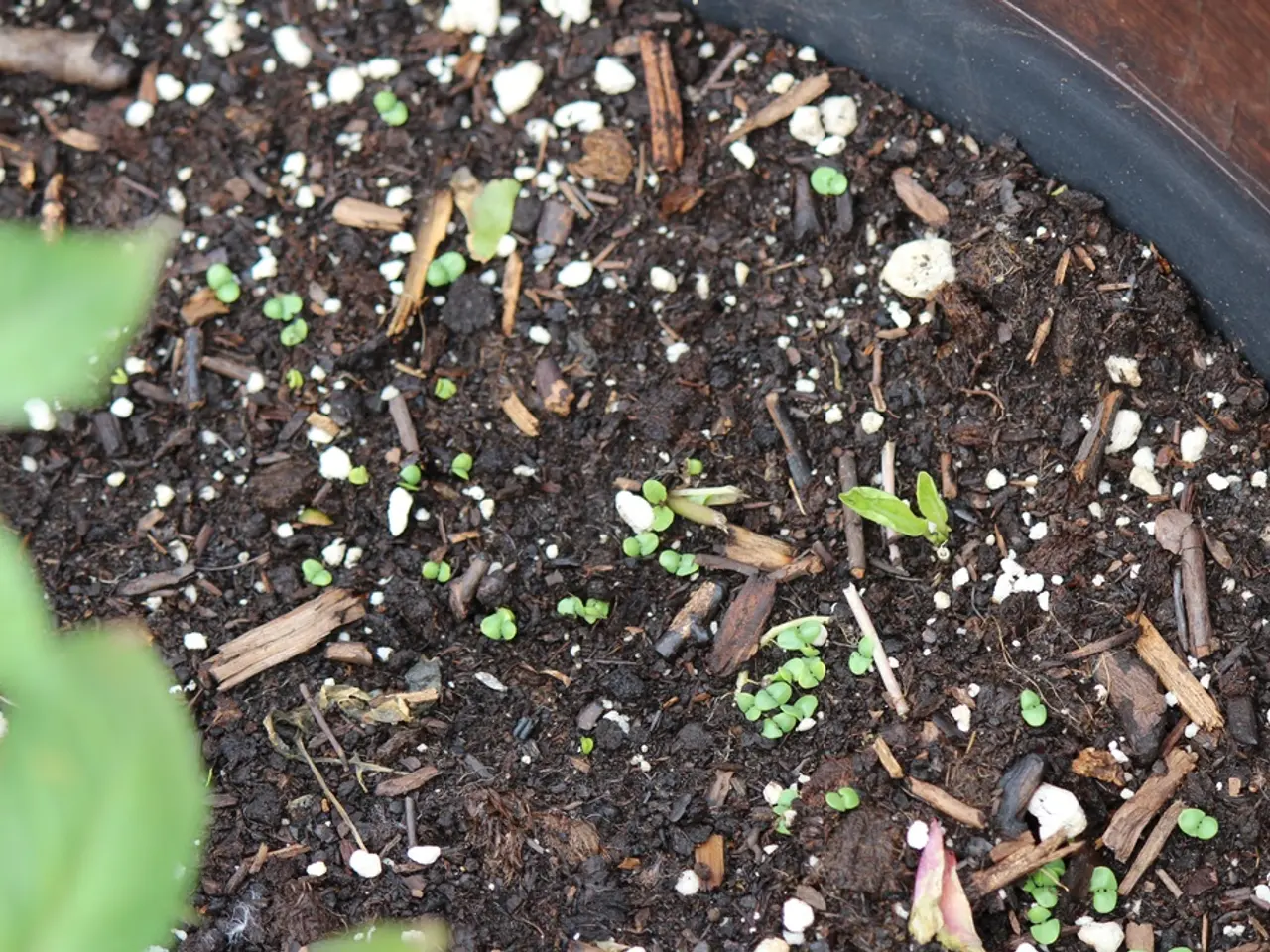Compost Herbicide Persistence: Does Herbicide Remain in Hay After Composting?
Herbicide carryover is a common issue in agriculture and gardening that can cause problems for subsequent crops. This condition occurs when persistent herbicides or residues from contaminated amendments remain active in soils, causing toxic effects.
How Herbicides Stay Active
Some herbicides are highly adsorbed to soil particles or organic matter, such as compost or manure, making them resistant to breakdown and biologically active for long periods. Additionally, some herbicides have a high soil persistence, meaning they degrade slowly and can be carried through the composting or manure aging process without losing efficacy. Soil amendments like manure or hay contaminated with herbicide residues introduced from treated fields can carry these herbicides into new soils during application. High soil pH conditions can also increase the persistence of certain herbicide classes, such as sulfonylureas, leading to greater carryover risk and potential crop injury.
Symptoms of Herbicide Carryover in Plants
Stunted growth or poor germination, leaf chlorosis (yellowing) or necrosis (dead tissue patches), twisted or malformed leaves and stems, reduced vigor or yield loss in sensitive crops, and specific symptoms depending on the herbicide mode of action and plant sensitivity are all signs of herbicide carryover in plants.
Methods to Detect and Mitigate Herbicide Carryover
Soil testing and bioassays before applying amendments can detect residual herbicide activity. It's advisable to avoid using soil amendments from fields recently treated with persistent herbicides unless the material is proven free of residues. Adjusting soil pH to reduce herbicide persistence, such as lowering pH to accelerate degradation of some herbicides like sulfonylureas, can also help. Selecting crop varieties with tolerance to residual herbicides or delaying planting sensitive crops after amendment application is another strategy. Applying biological preparations or soil conditioners may influence degradation rates but depend on specific herbicide chemistry. Using starter fertilizers and micronutrients can alleviate some growth delays caused by herbicide carryover in new plants.
Preventing Contamination
To prevent contamination, it's essential to use sterile manure and organic hay or straw. In country settings, manure and other additives are often free, but they may be a source of grass herbicide carryover. Properly cured animal manure adds a super shot of nitrogen in an easy-to-use form, but it should be tested for herbicide residues before use. Even after manure is composted, the herbicide remains active.
Herbicide carryover can also occur in compost and other soil amendments. To avoid this, it's crucial to source materials carefully and test them for herbicide residues. The University of Washington extension site provides examples of herbicide carryover in manure and other items from agricultural waste.
It's important to note that herbicides like pyridine carboxylic acids can leach into groundwater, posing a risk to the environment. If contamination occurs, it's advisable not to plant in that area for 12 months due to the high toxicity. Nightshade plants, beans, peas, legumes, and many other plants are particularly susceptible to carryover.
In conclusion, managing herbicide carryover involves testing, careful amendment sourcing, pH adjustment, and crop selection to reduce risk and damage. By understanding this issue and taking preventative measures, gardeners and farmers can protect their crops and the environment.
Science plays a crucial role in studying the persistence of herbicides in soils and their impact on health-and-wellness. Fitness-and-exercise, nutrition, and growth of plants may be affected when herbicides such as pyridine carboxylic acids leach into the groundwater, posing a risk to the environment and potentially causing harm to plants.




